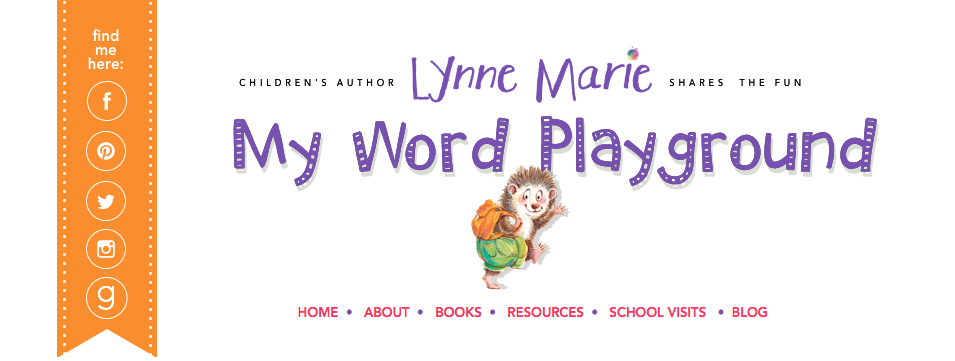The purpose of this fabulous event is to write down a picture book concept a day for each day during the month of November. You may or may not choose to develop any one, some or all of these ideas into manuscripts over the course of the month, but it's not required.
On October 31st, I attended the #pblitchat and participated in a discussion of where to get ideas. I admit I was preoccupied with trick-or-treaters coming to our door, so I've decided to share my thoughts here.
A successful writer whose name escapes me (it may have been Bruce Coville or Bruce Hale, but I don't want to misquote, so please comment if you know who it was) said one usually must sift through at least 20 ideas to get to a really good one. That's why I love this event. It forces us to plow past the first idea and get them all out before settling on one. We must consider other options, other possibilities, and not fall in love with and marry our FIRST idea, because it may not be our best. No love at first sight allowed here. Which, incidentally, is NOT usually a good idea.
So, let's say you've skipped ahead and already written down twenty ideas. You want to start working on one. They all sound great. After all, it's only day 4.
1. You pick your favorite to work on in the meantime and just let the rest stew. The good ideas will float to the top of the pot, the bad ideas will sink to the bottom.
2. You can join a critique group. A funny thing about critique group is that after a while you begin to see that often, people write strikingly similar stories about the same things. Then you can cross those off your list. Yikes!
3. You can do online searches and read editor interviews about topics that they feel are overdone or to be avoided. Okay, so I admit, I have a few farm animal pieces I have to keep putting to the bottom of my submission pile (grin).
Now, I must say that, over time, there have been new books published on overdone topics. But there is usually a reason. The book is absolutely outstanding, or the author has a following (and/or is a celebrity). Since you may or may not have any of those factors, you have to work on your best ideas and your best writing so an editor will pick up your idea and help you with the rest.
One way that I try to find books that will find a niche in the market is to cross-reference my topic in a library search (for example, fiction hedgehog books and school bus books), and to take out anything and everything to do with those topics in the entire county system and see if there is anything remotely like the book I am writing/want to write published. I write a list of all the books, the publishers and the publication dates. After a while I can see which publishers have similar books and which do not. I can also see if the is a "recently published" book similar to mine, that might be available in a book store that would present a potential problem.
Of course, this method isn't fool proof. It has worked, and then sometimes, the timing's bad, like when I submitted Palace Rat to Bloomsbury, and the editor wrote back to say that she loved the manuscript but had just accepted a book about a dog in Versailles. Still, I got a nice personal rejection, and knew I was in the ballpark!
 I hope that these tips will give you some ideas as to what ideas to choose. You can also put your ideas on slips of paper and put them in a fishbowl. Then shake them up and pull two at a time. Combine them. Do the ideas sound any better, any fresher? If so, take the best parts. Good luck!
I hope that these tips will give you some ideas as to what ideas to choose. You can also put your ideas on slips of paper and put them in a fishbowl. Then shake them up and pull two at a time. Combine them. Do the ideas sound any better, any fresher? If so, take the best parts. Good luck!*.*.*.*
Lynne Marie is a Columnist for The Writer's Journal and
Author of Hedgehog Goes to Kindergarten, Scholastic, May 2011
Illustrated by Anne Kennedy


























Great advice, Lynne! I hadn't even thought about this area of research yet. It really makes sense to do it before you get too into an idea though. Save yourself some heartache down the road!
ReplyDeleteGlad you liked it, Megan! You will definitely begin to see holes that you can fill in, and as you do, the seeds of inspiration will take root and your ideas will grow and have a better chance at success! Good luck to you!
ReplyDelete